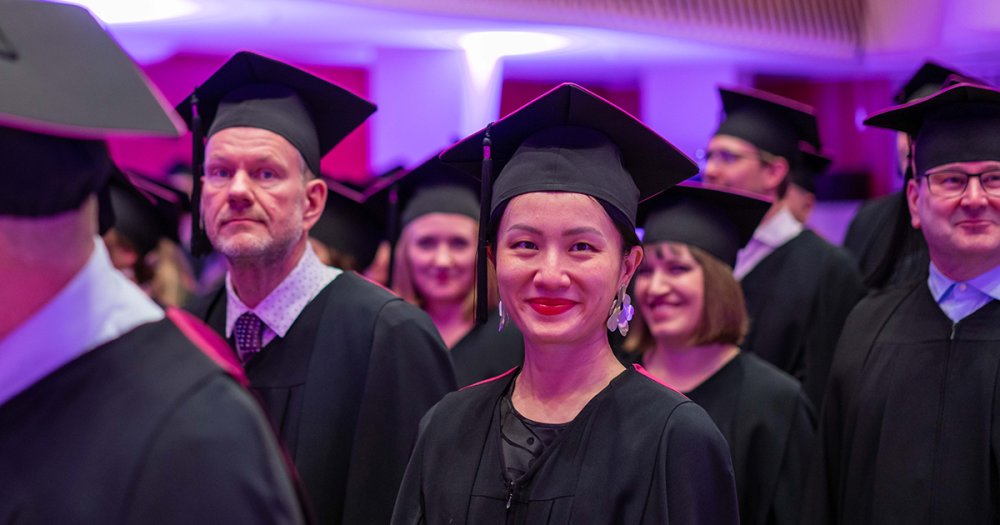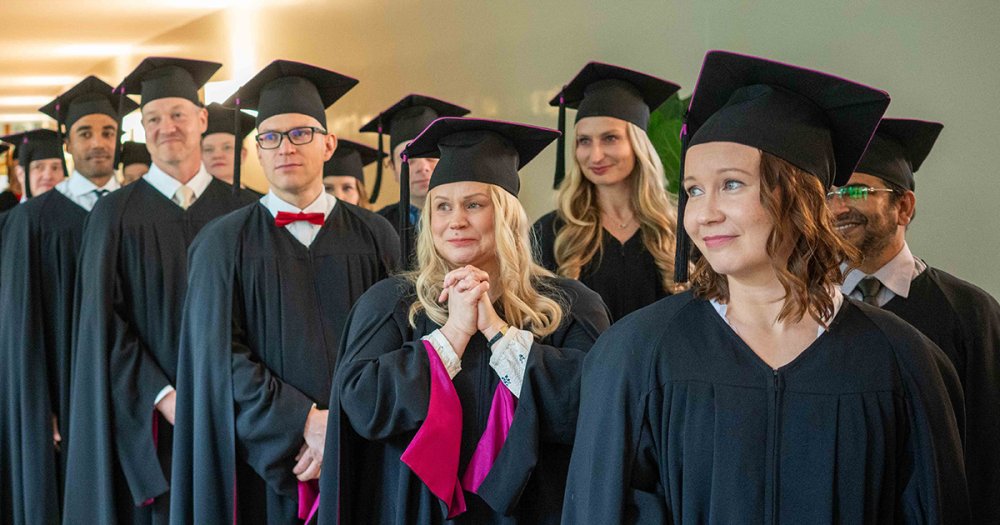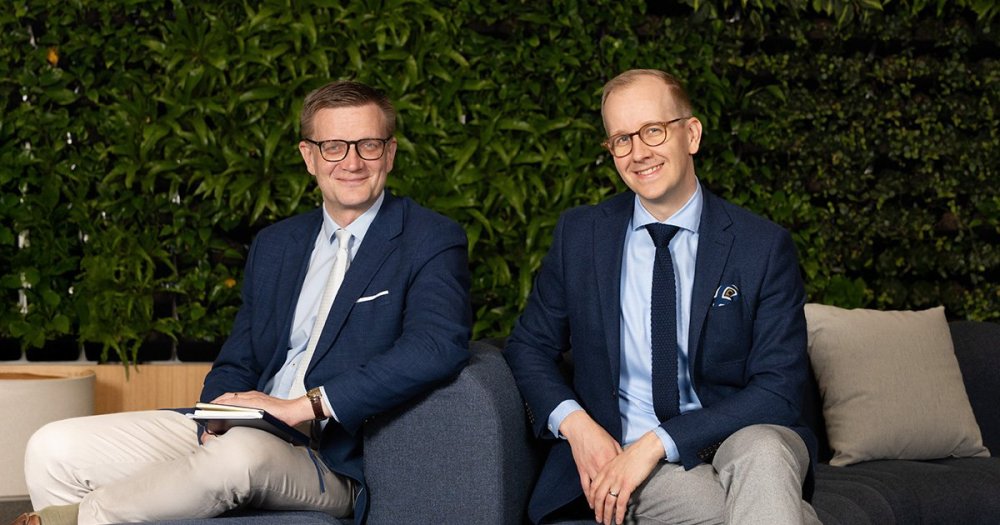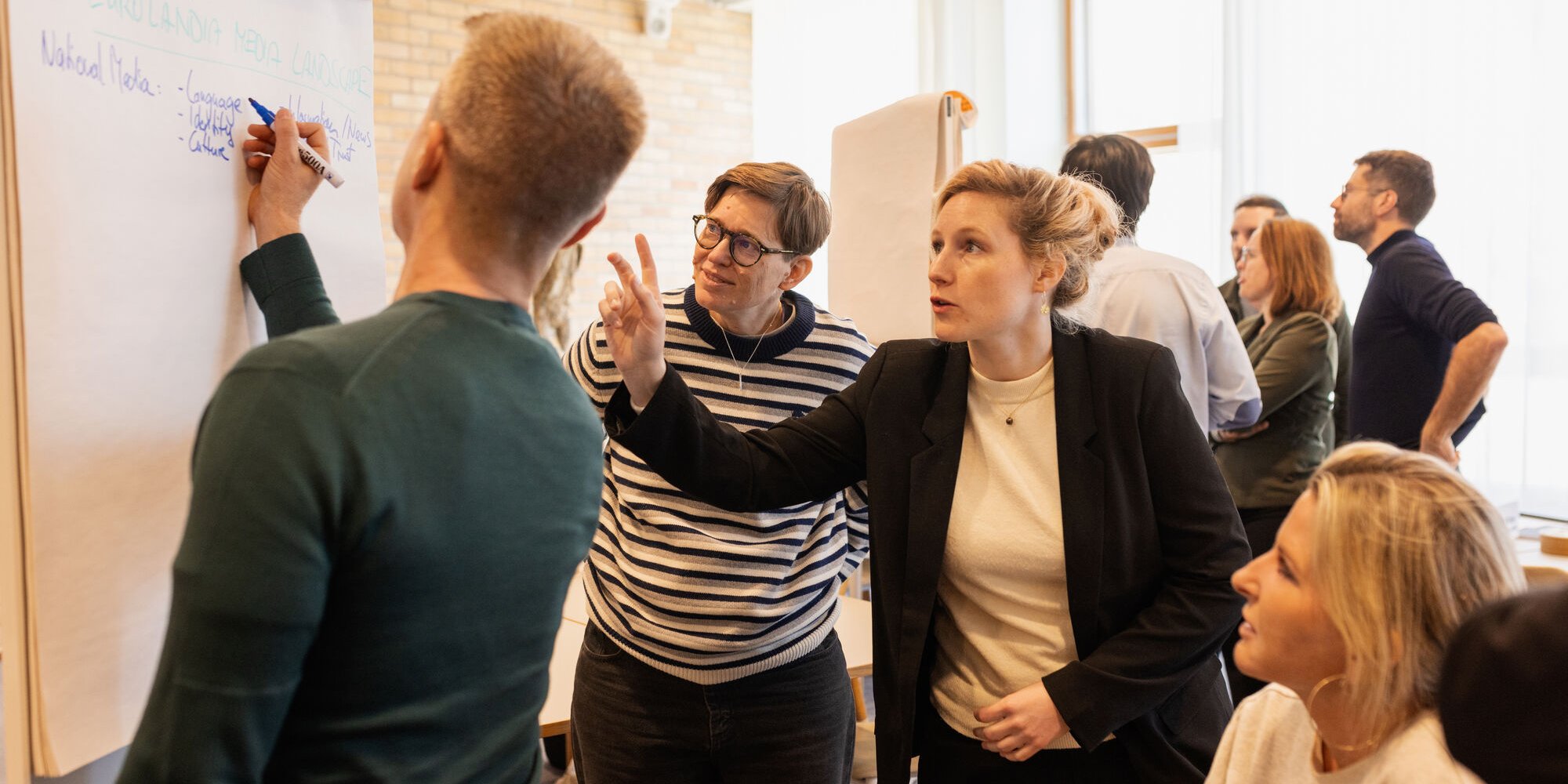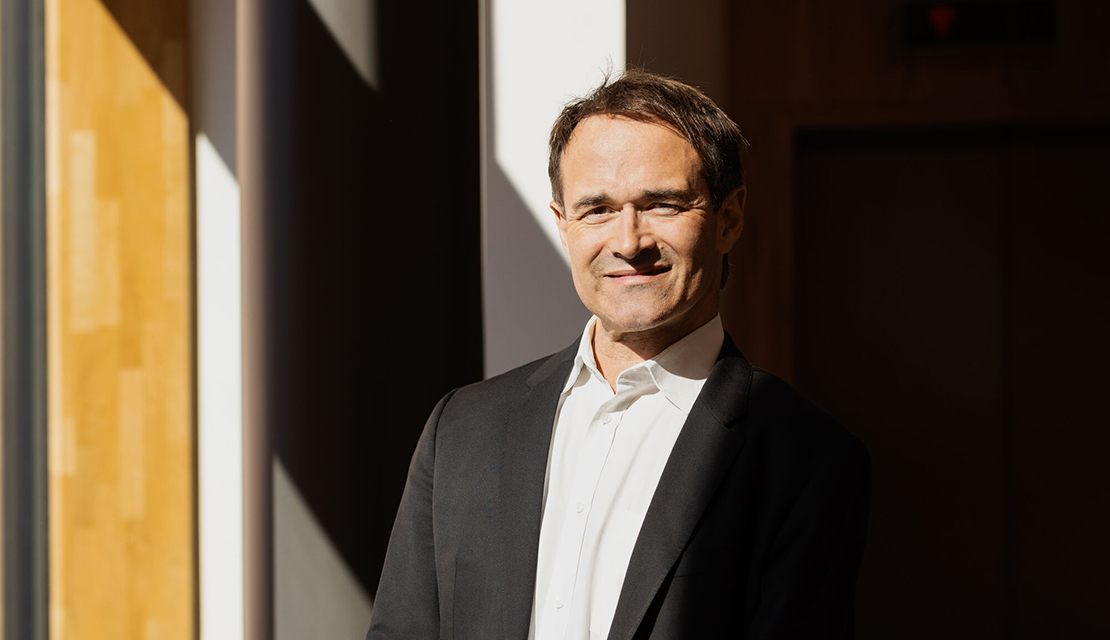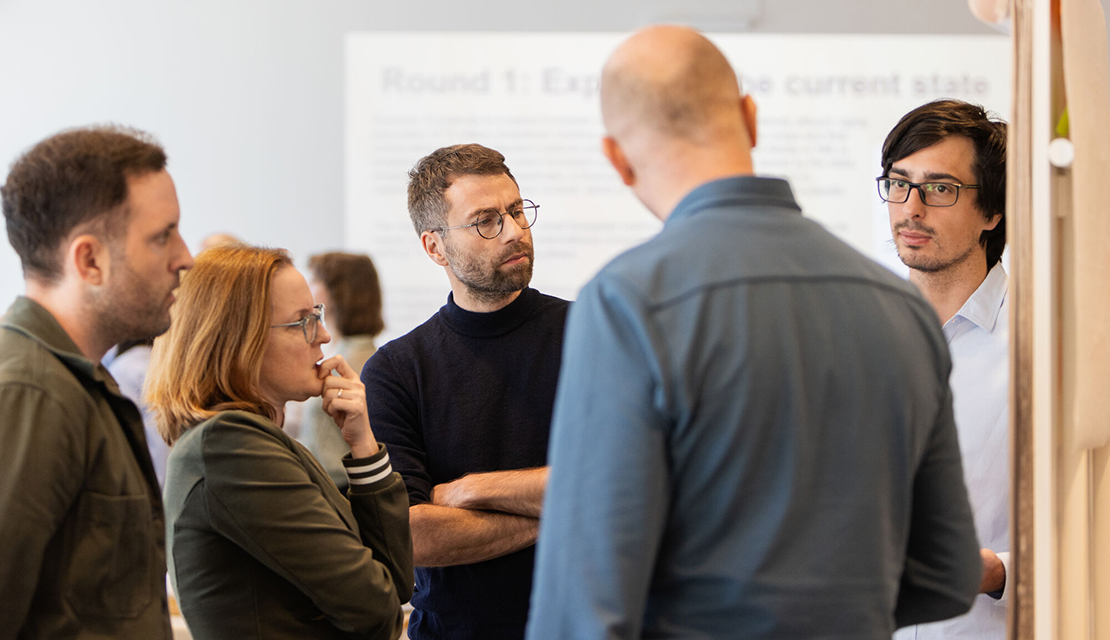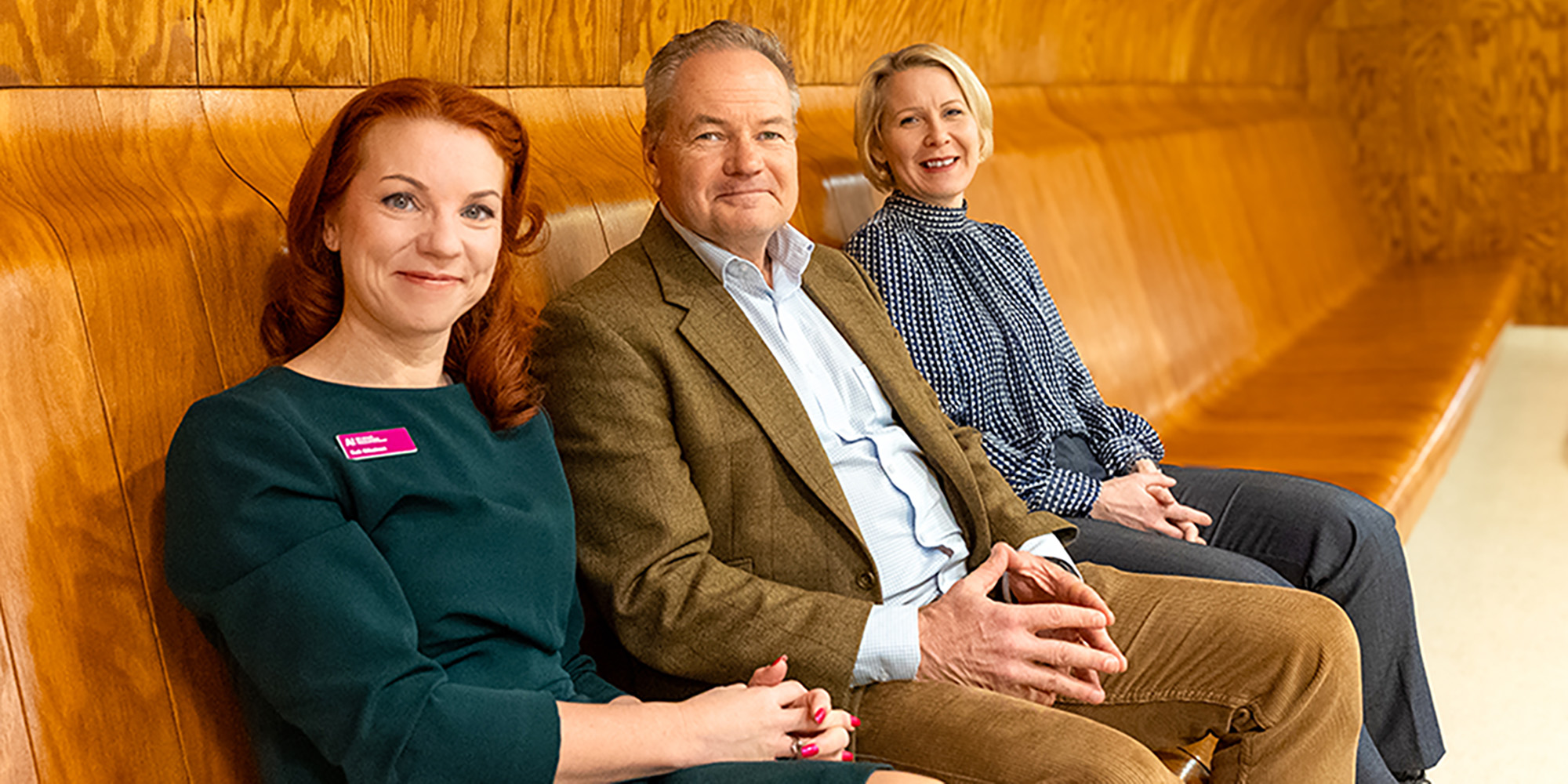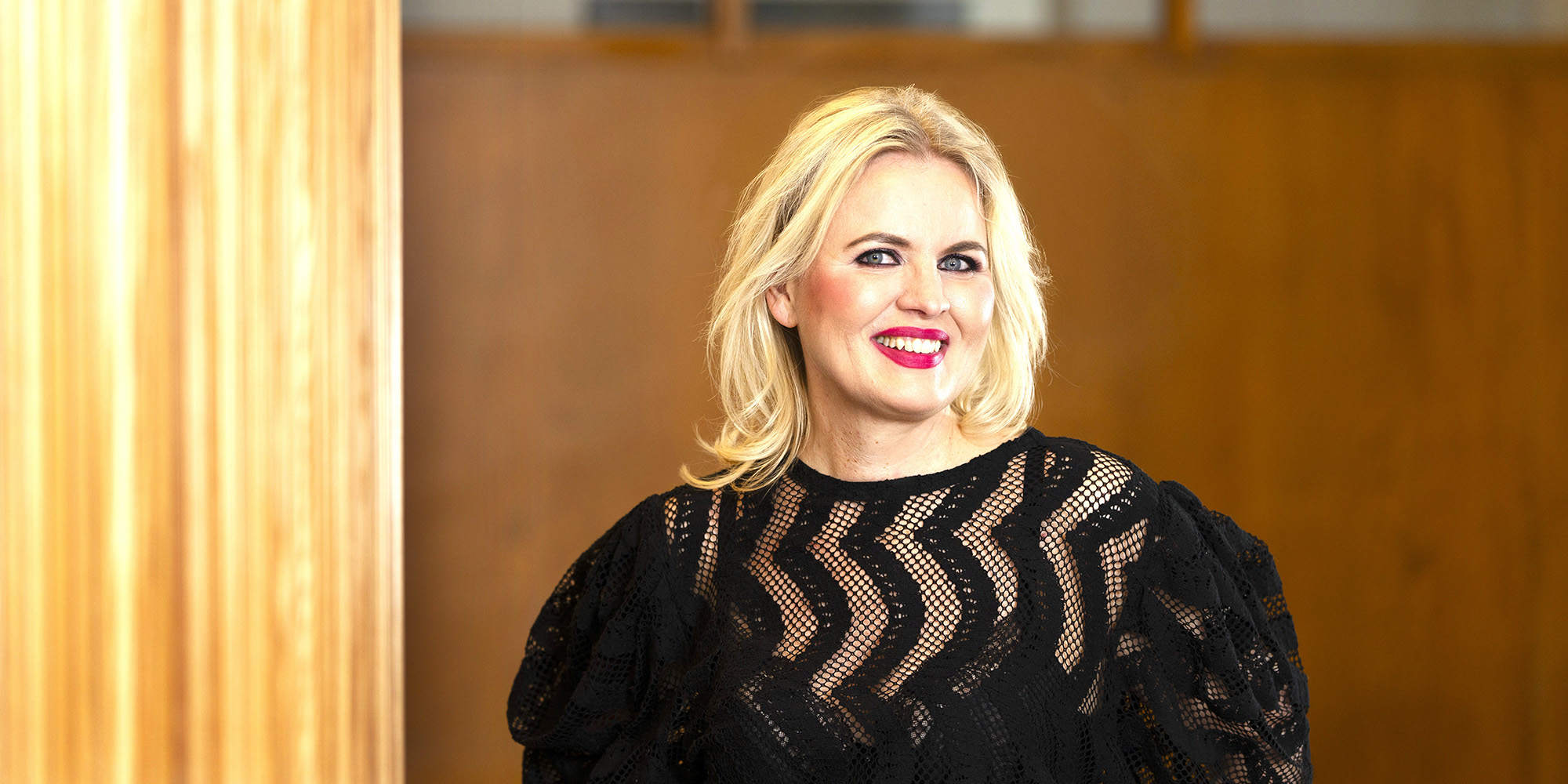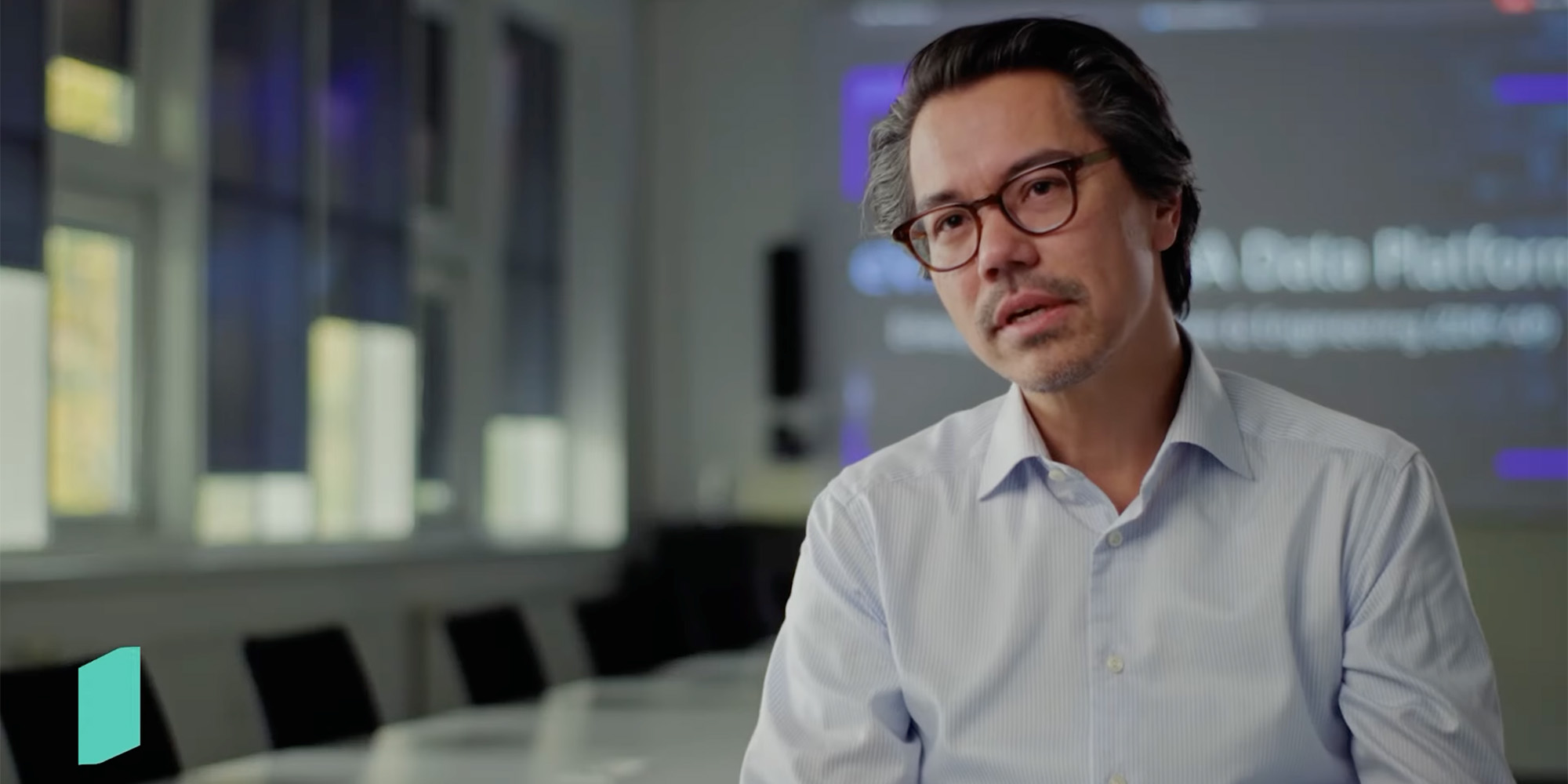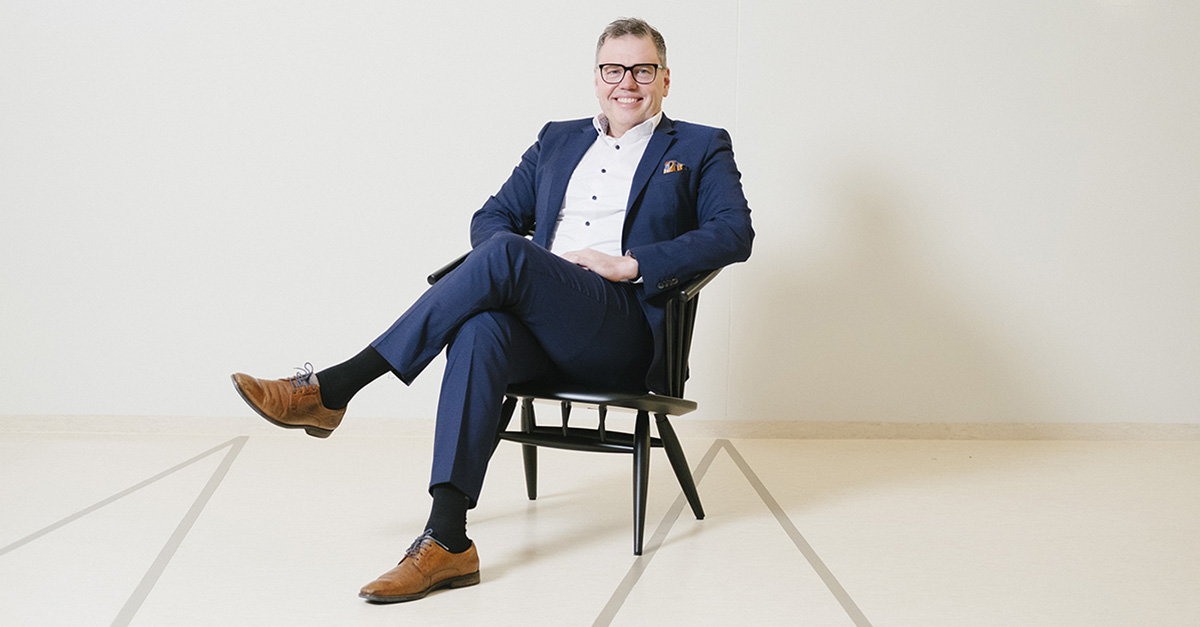The European Broadcasting Union (EBU), the world’s foremost alliance of public service media, represents over a hundred organizations worldwide. Its training organization, EBU Academy, offers market-relevant training and learning from leading institutions to its member organizations.
For Frédéric Frantz, Business Training Manager at EBU Academy, one thing is clear: if public media wants to stay relevant, it needs visionary leadership.
“Public broadcasting is under pressure everywhere. We’re being asked to do more with less,” says Frantz.
Public media used to be one of the only sources of news and entertainment, and often, the most desirable employer for media professionals. Now, there’s no shortage of content providers, and public media must work harder to attract and retain top talent.
“Leadership matters more than ever. Not just to keep the lights on but to inspire teams and reinvent what public media can be,” Frantz emphasizes.
"Public broadcasting is under pressure everywhere. We’re being asked to do more with less."
A gateway to pioneering change
To help prepare a new generation of media leaders, EBU Academy launched the Future Leaders Programme, a training initiative developed with three prestigious European institutions: Aalto EE in Finland, KEDGE Business School in France, and Vlerick Business School in Belgium.
When EBU Academy set out to design its new leadership program, it cast a wide net, sending the tender to 15 top business schools across Europe. A jury of experts from five countries ranked each proposal and selected three institutions to jointly create the Future Leaders Programme.
Frantz explains that each winning proposal brought unique strengths. Aalto EE stood out for its expertise in artificial intelligence, radical creativity, and agile methods influenced by the gaming industry.
“Aalto EE’s knowledge of the media industry was also exceptionally strong. Their proposal showed real understanding of the specific challenges and realities that professionals in public broadcasting face,” Frantz mentions.
"Aalto EE brought that sense of direction – offering insight into leadership and innovation that support the transformation we’re aiming for."
Above all, the Future Leaders Programme aspires to work as a gateway to pioneering change: equipping the next generation of media leaders with the skills, creativity, and resilience to chart a new course in public broadcasting.
“We wanted partners who not only understand public media but who can inspire new thinking. Aalto EE brought that sense of direction – offering insight into leadership and innovation that support the transformation we’re aiming for,” Frantz says.
|
|
| ”Leadership matters more than ever. Not just to keep the lights on but to inspire teams and reinvent what public media can be,” Frédéric Frantz from EBU Academy emphasizes. |
A new kind of leadership
Spanning several months, the Future Leaders Programme takes participants on an immersive, skills-enhancing journey across executive education campuses in Finland, France, and Belgium. The first program brought together talent from over 20 countries.
“We are training leaders who can adapt, inspire, and find new ways forward,” Frantz remarks.
Many public media executives began their careers as journalists and may lack formal education in economics, strategy, innovation, or emerging technologies. The Future Leaders Programme is designed to fill those gaps, providing participants with the tools and confidence to navigate tightening budgets, rising competition, and evolving audience habits.
"That need for public service media hasn’t gone away. But the way we deliver on that need has to change."
At Aalto EE, the program focuses on the future of public broadcasting: how technology and AI are reshaping the media industry, and how leaders can foster creativity. At KEDGE Business School in France, the emphasis shifts to leadership under pressure, while at Belgium’s Vlerick Business School, strategy and innovation take center stage.
Frantz notes that holding the training across three distinct campuses is one of the program’s great strengths, creating a powerful exchange of ideas.
“When you bring together people from many cultures – and immerse them in leadership studies in several European universities – you get a richness of perspectives that is impossible to replicate in a single learning environment,” he points out.
This diversity of thought was immediately evident on the program’s opening day at Aalto EE, where lively discussions flowed from AI to resilience in a BANI world, the importance of being compellingly different, and how to nurture radical creativity.
Mentors light the way forward
As a fresh approach often meets resistance back home, the program also includes mentoring.
Participants are paired with distinguished public service media executives from across Europe – senior media leaders, trained in other EBU Academy programs – who can offer advice, perspective, and, perhaps most importantly, encouragement.
“People come back from inspiring training programs full of ideas, and often, they hit a wall,” Frantz explains.
“Colleagues might not share their enthusiasm or grasp the urgency for change. A mentor who has been through a similar experience helps them stay focused and push through the frustration.”
The mentors provide guidance throughout the program: sharing constructive feedback and helping participants apply the course content to their own professional context. The mentors also continue to check in after the program ends, helping participants track progress and reflect on their goals.
“It’s a simple yet powerful way to keep the momentum going,” Frantz affirms.
|
|
In an age of noise, public media holds the line
Despite mounting challenges for public broadcasters, Frantz remains optimistic. In a world flooded with misinformation, populism, and deepening polarization, public media remains one of the last places where truth, trust, and community still come first.
“The three principles of the BBC are a great example of what public broadcasting stands for: we’re here to inform, educate and entertain,” he says.
“That need for public service media hasn’t gone away. But the way we deliver on that need has to change,” he underlines.
The Future Leaders Programme is part of this change. In collaboration with Aalto EE, KEDGE, and Vlerick, EBU Academy is fostering a new generation of leaders who can meet uncertainty with purpose.







